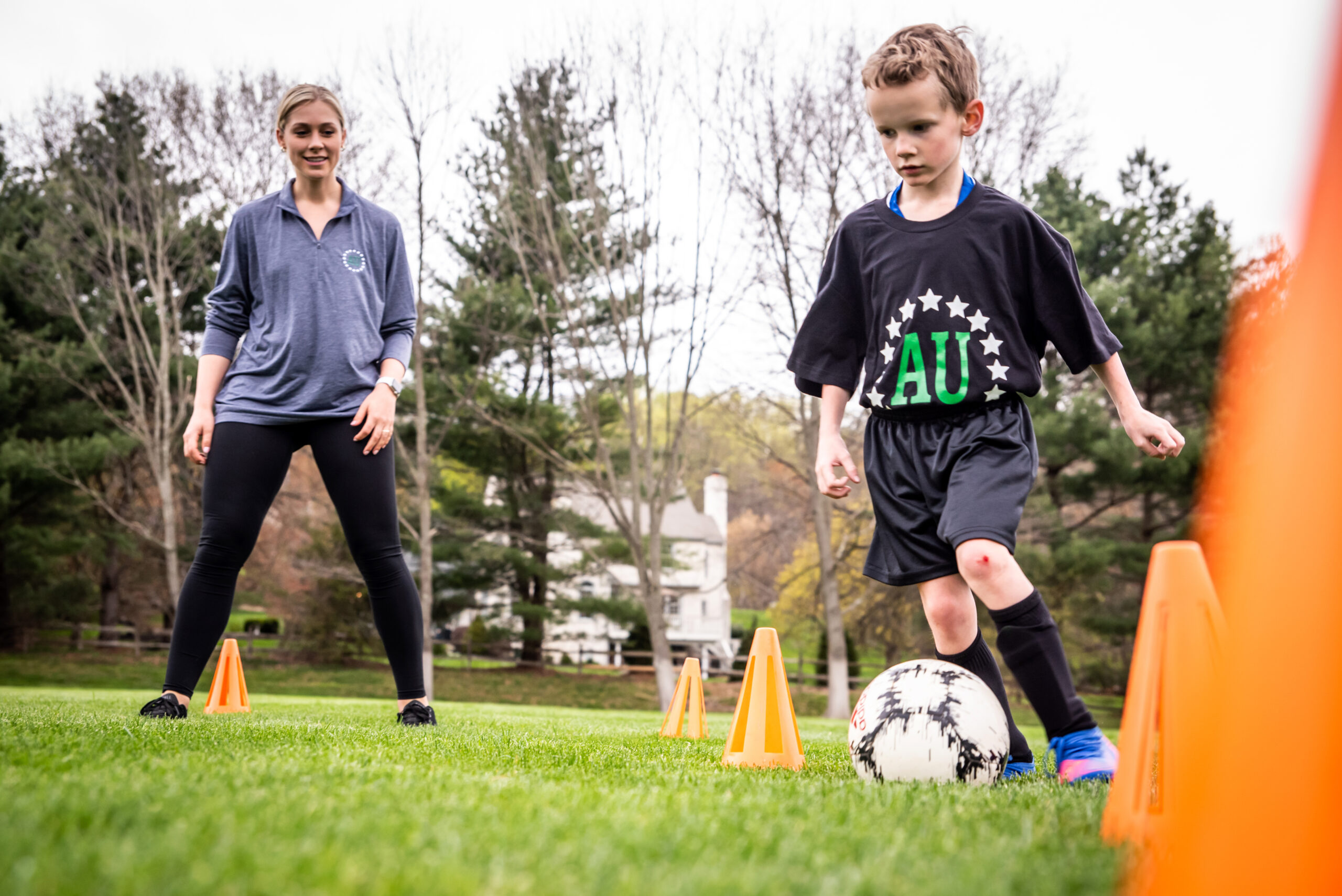Private sports coaching has long been a behind-the-scenes part of youth athletics, but in recent years, it’s become a booming micro-economy—fueled not by schools or clubs, but by everyday families looking for something different.
The demand for high-quality private coaching is only growing stronger. A combination of youth sports specialization, college recruiting, and a cultural push for individualized development has created the perfect opportunity for private coaching to flourish. But without clear standards, oversight, or infrastructure, parents are often left guessing: Is this coach legit? Are we overpaying? Is this even helpful?
Ex-Athletes Are Getting Involved
That’s where former athletes are starting to help. Private sports coaching platforms built by former coaches and athletes can bring transparency to the space by centralizing the search process, verifying coaches, and offering scheduling tools—all while making it easier for the right coaches to get paid for their expertise.
The average cost of a private coaching lesson by sport, including baseball, tennis, basketball, soccer, football, lacrosse, and volleyball, is detailed in the chart above, based on internal data from Athletes Untapped.
For parents navigating this online world, here are 5 key tips:
1. Know Your Preferences
Just like finding a babysitter or choosing a vacation rental, having clear preferences up front will make your life easier. Think about your max driving distance, your budget, your child’s goals, and even the coach’s personality type. Do they need someone upbeat and encouraging? Or tough and technical?
2. Vet the Coach
Experience matters—but so does communication. Look for someone who not only played or coached at a high level but also knows how to teach. The best coaches don’t just talk, they listen. They adapt. They know when to push and when to build confidence.
3. Talk About Goals
Great coaches don’t just run drills. They build development plans. Ask how they assess progress, how they adjust based on age or skill level, and what they hope your child will walk away with after a few months.
4. Be an Active Partner
Your child might only train with their coach twice a week—but they spend the rest of the time with you. Ask your coach what they’re focusing on and how you can help reinforce good habits in the backyard. Great progress comes from consistent repetition, not just talent.
5. Think Long-Term
Progress takes time. Not every session will be a breakthrough—and that’s okay. The goal isn’t instant results, it’s consistent development over weeks and months. A great coach knows how to pace things and build a foundation that lasts.
As demand for private coaching grows, the future of youth athletics may not be about mega-clubs or year-round travel teams. It might be smaller. More personal. Less expensive. And more focused on what actually helps kids get better—one session, one skill, and one coach at a time.
Because at the end of the day, every young athlete deserves a mentor who’s been there—and knows how to get them where they want to go.
About Athletes Untapped
Our platform helps athletes connect with local private sports trainers for in-person or virtual lessons. We host thousands of private coaches on the site, and we serve all US states across the following 16 sports: baseball, basketball, field hockey, football, golf, ice hockey, lacrosse, mental performance, pickleball, soccer, softball, strength & speed, swimming, tennis, track & field, volleyball
Contact our community support team if you’re looking to find a coach, or to become a coach: community@athletesuntapped.com




